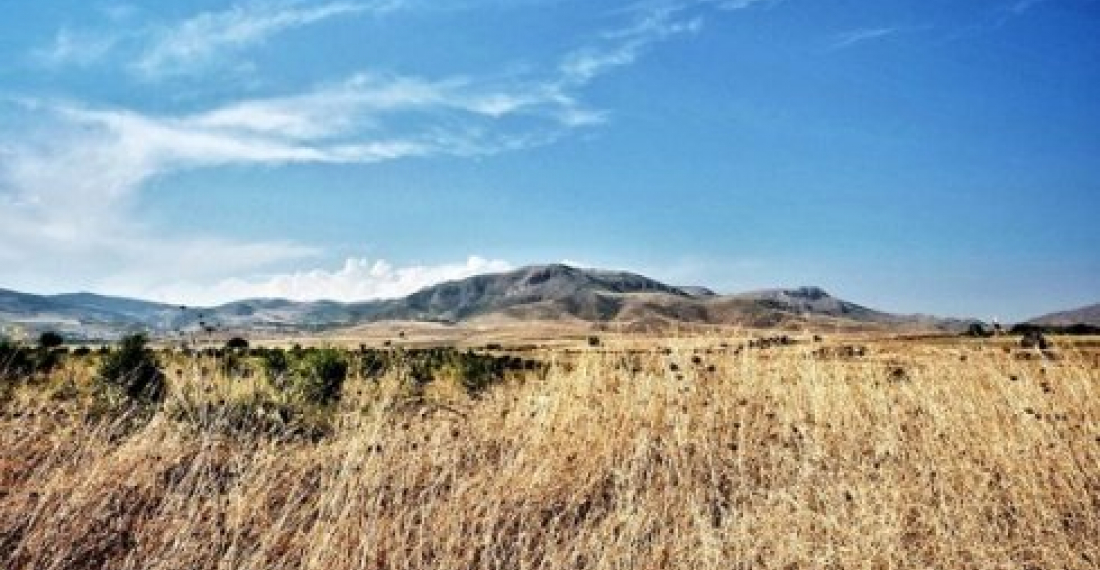There has been another senseless killing in the Nagorno-Karabakh conflict zone. Tigran Khachatryan, nineteen year old Armenian teenager who served with the armed formations of the self-declared Nagorno-Karabakh Republic was killed on Thursday (19 October) in the afternoon. Armenian media quoting military sources, say he was killed by Azerbaijani fire.
This was the latest in a series of fatalities on the line of contact in the Nagorno-Karabakh conflict zone that have resulted in dozens of fatalities on both sides, and they come despite the cease fire that has been in place since 1994. The killing is also the first reported casualty since the presidents of Armenia and Azerbaijan met in Geneva on Monday (16 Ocotber). In the meeting the two presidents"agreed to take measures to intensify the negotiation process and to take additional steps to reduce tensions on the Line of Contact". Whatever they may decide to do, it comes too late for Tigran Khachatryan.
source: commonspace.eu with agencies







